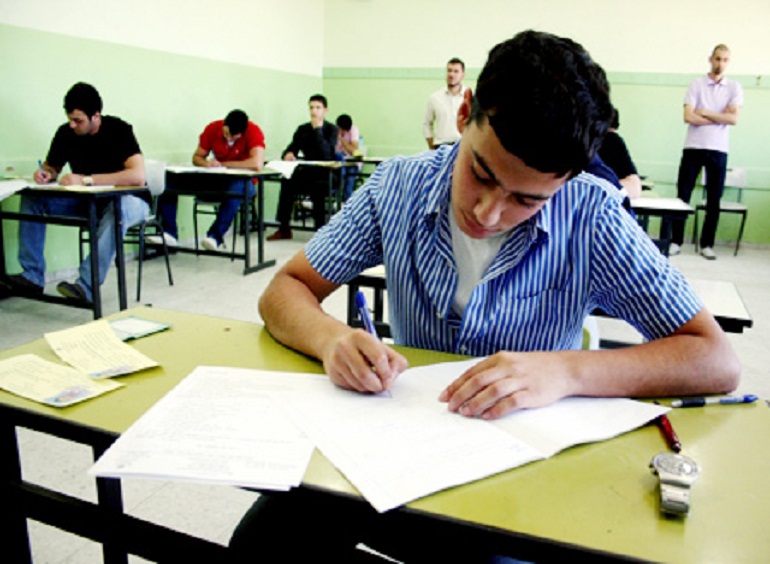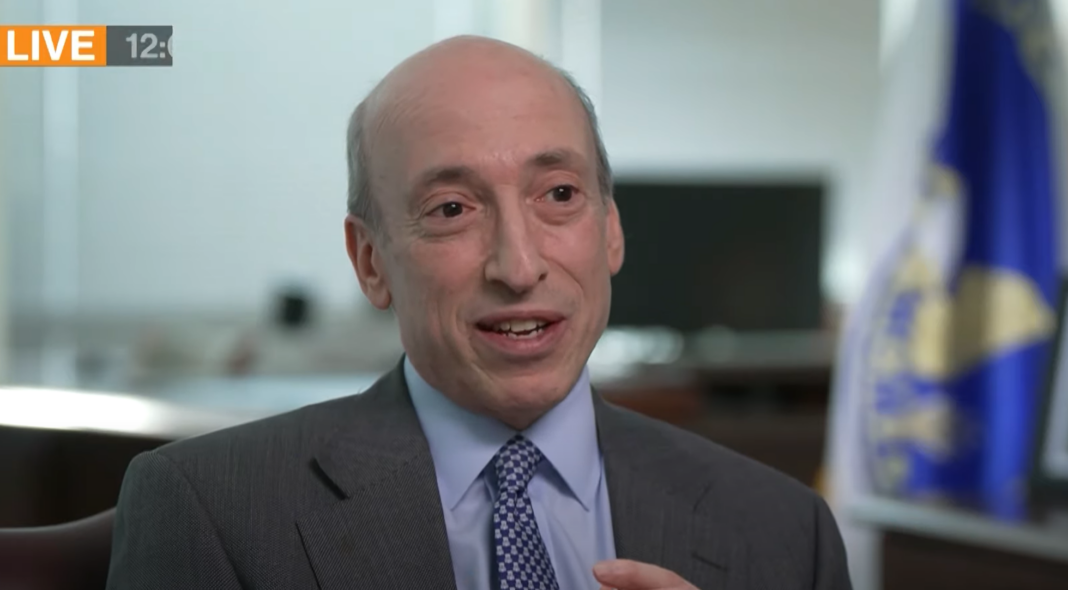Minister of Education, Mohamed Abdel Latif, announced during a cabinet meeting on Wednesday, 8 January, the new Egyptian Baccalaureate Certificate System, which will replace the traditional high school system for students starting secondary school next year.
The minister presented the key features of the new system, emphasizing a focus on developing critical thinking and intellectual skills rather than memorization. The system will integrate subjects across different fields, such as science, literature, and art, and offer continuous assessment over two years instead of final exams at the end of the school year.
This system also includes international recognition and offers students two opportunities to take exams each year, the minister added. However, it was not specified where the recognition will originate from.
The Baccalaureate system will be divided into two stages. The first stage, during the first year of secondary school, includes core subjects such as Arabic, religious studies, history, mathematics, and sciences. Additional subjects like programming and computer science will not be included in the total score.
In the second year, students will specialize in one of four tracks: medicine and life sciences, engineering and computer science, business, or literature and arts. Each track will have its own specialized subjects such as biology, physics, accounting, or psychology.
In the third year, students will continue their specialized subjects at an advanced level, with exams held in May and July for the second-year subjects and June and August for the third-year subjects. The first exam attempt is free, with a fee of 500 EGP (USD 9.88) for each subsequent attempt.
The final score will be calculated from all subjects, and students can retake exams in later years, with all attempts recorded. Students also have the option to study additional subjects, and the maximum number of years for completing the main stage is four years.
The meeting saw approval of the proposed system, and the Prime Minister instructed the creation of a working group to discuss the implementation details. A final version of the plan will be presented for public discussion before it is put into action.
Last year, Egypt’s General Secondary Education Certificate (thanaweya amma) was overhauled as part of an education reform led by the new Minister of Education, Mohamed Abdel Latif. The changes included a new grading system, the removal of some subjects, and the introduction of new ones that now count towards final grades for high school students.
The reforms primarily affected teachers, thousands of whom saw their subjects removed from the final grade calculation, thereby limiting their opportunities to earn extra income through private tutoring.
In 2023, Egypt ranked 79th in the Global Knowledge Index (GKI), up from 83rd in 2020. The GKI, organized by the UN Development Programme, measures countries’ knowledge performance. While Egypt’s ranking has improved over time, it remains relatively low, despite ongoing reforms in the education system.
Differences Between the Baccalaureate System and Thanaweya Amma
One of the biggest shifts that the new Egyptian Baccalaureate Certificate System will introduce is the integration of subjects. Under the current Thanaweya Amma system, students study subjects like science and literature separately, while the new system combines these into one integrated sciences course.
Another key change from the traditional Thanaweya Amma system is the shift from focusing heavily on final exams at the end of the year to a model of continuous assessment under the new Baccalaureate system.
Instead of relying on a single exam at the end of the school year, students will be evaluated over two years and will have the option to retake their exams to improve their score, with all their attempts recorded. This approach aims to alleviate stress and provide a more comprehensive view of student progress.
The first attempt will also be free of charge and subsequent attempts subject to a fee. This offers more flexibility and a chance for improvement compared to the old system, where retaking exams is typically limited to a certain time frame.
The new Baccalaureate system is also designed to be internationally recognized, which will potentially open up more global opportunities for Egyptian students. This is a departure from the traditional high school system, which has primarily been focused on national assessments.


